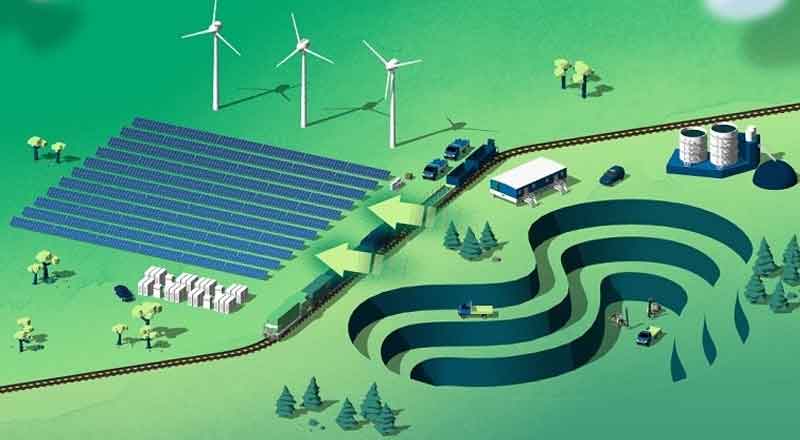Green energy technologies are in demand worldwide. Over 70 countries have set net-zero targets, and even more have pledged to lower their emissions. However, ambitious objectives to scale up green energy sources such as solar, wind, and nuclear are straining natural resources, particularly the minerals required to produce these essential technologies. With more than 50 million electric vehicles expected to be produced annually by 2035 and renewable electricity growth accelerating faster than ever, energy transition objectives risk being delayed if critical mineral supply cannot meet future demand, says GlobalData, a leading data and analytics company.
Against this backdrop, GlobalData Thematic Intelligence team invites you to attend its “Critical Minerals” webinar on Thursday, 20 July 2023 at 12pm BST/7am EST.
During this insightful webinar, our panel of experts David Kurtz, Barbara Monterrubio and Isabel Al-Dhahir will discuss the various supply-side constraints impacting the critical minerals theme, including supply shortages, mineral monopolization, and geopolitics. It will also include a discussion of the energy transition technologies that risk being affected and developments within the mining industry.
David Kurtz, Director of Research & Analysis for Construction, Mining, and Energy at GlobalData, says: “Mining companies are increasingly focusing their portfolios on future-facing commodities essential for the energy transition, with over $360 billion expected to be spent on developing new critical minerals mines through to 2030.”
Barbara Monterrubio, Managing Analyst, Energy at GlobalData, comments: “The speed at which the demand for energy transition technologies is rising is putting a lot of pressure on the availability of raw materials and key minerals. This could lead to a supply shortage and increasing costs for available minerals. Furthermore, batteries developments and the use of new materials across power generation technologies, such as solar and wind, could alleviate mineral shortages.”
Isabel Al-Dhahir, Senior Analyst in the Thematic Intelligence team at GlobalData, says: “Protectionism is on the rise, and the monopolization over both the production and processing of critical minerals has created a high-risk distribution dependency that threatens to disrupt the rest of the supply chain all the way downstream. Many countries that are producing or processing key commodities have the power to stifle foreign innovation while fostering their own by restricting exports.”





